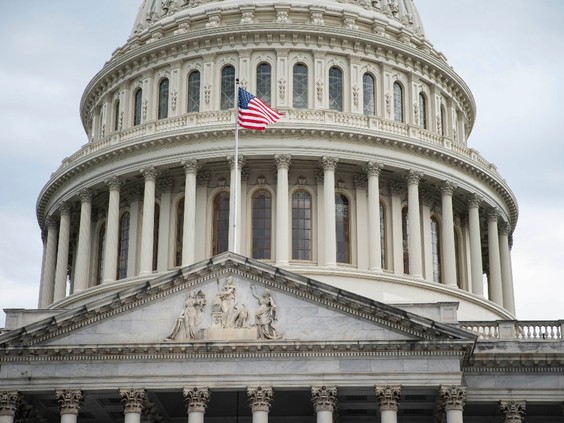
Protests in Kazakhstan: Who Will Benefit from the Civil Unrest?
The more I follow what is going on in Kazakhstan, the more I am convinced that the situation is caused more by domestic policy than by external factors.
There is a socioeconomic crisis taking place against the background of an internal split among the elite.
Economic inequality, social stratification and regional disparities have created a toxic ground for rising tensions and the potential for protest, simultaneously undermining the old social contract between the government and the population, formed during the reign of Nursultan Nazarbayev.
The COVID-19 pandemic has exacerbated all of these developments, not only in Kazakhstan but worldwide. Such civil unrest is becoming more common today than ever.
All of this adds up to a low-intensity, intra-elite conflict between the entourage of Nazarbayev, who left office in 2019, and the team of the new president, Kassym-Jomart Tokayev, who has been unable to step out of Yelbasa’s shadow, and has had limited control over the military and security apparatus, the flow of national assets to and from the country and the mechanism of distributing them.*
Therefore, when the authorities failed to communicate with people about the need to raise the gas price from Jan. 1 (by 3 hryvnias to 6 hryvnias per liter, approximately 11 cents to 21 cents) and protests broke out in the major oil and gas-producing region, an explosion erupted against which the elite groups tried to deal with each other.
In one day, Tokayev forced the resignation of the government headed by Askar Mamin, which he inherited from Nazarbayev, and fired key officials close to Nazarbayev, in particular, his nephew Samat Abish and State Secretary Krymbek Kusherbayev. Tokayev blamed KazMunayGas, owned by Nazarbayev’s son-in-law, Timur Kulibayev, for what happened. Nazarbayev’s second son-in-law, Kairat Sharipbayev, runs the gas giant KazTransGas.
The fact that the protesters managed to seize public administration buildings in Almaty only confirms that Tokayev doesn’t hold absolute power over the security forces, and this will be a strike against him, showing his vulnerability and weakness.
In my opinion, what is now being decided in Kazakhstan is not about making the notorious choice between democracy and autocracy, but rather which elite group will rule the country and who will “squeeze” the greatest political benefit out of the crisis.
The influence of outside players is minimal, so far. Russia and China are going to support the central government (with or without Tokayev), because they don’t need him and it is not to their benefit to replace him under the blow of civil unrest, no less.
Western countries will show a weak and poor response because Kazakhstan is beyond their political focus right now. Their added interest is possible only if their commercial interests in gas and oil are seriously threatened or if the situation gets out of control.
I don’t see any connection between the situation in Kazakhstan and the Biden-Putin talks. However, of course, Russia will have another perspective and develop the argument that all this is part of the big game the West is playing on Russia’s periphery. And this may potentially tighten their negotiation position with the U.S. on Jan. 10-12.
And that is the matter that affects our interests, because the worse the situation in Kazakhstan is, the more acute the tension between the U.S. and Russia/China will be. As you know, Ukraine, along with having the same problems as Kazakhstan, is torn between the major global players on which we depend.
The author is an expert on international policy and the Middle East at the Ukrainian Institute of the Future.
*Editor’s Note: The term Yelbasa means “leader of the nation” in the Kazakh language. It is a reference to Nazarbayev, who received the title of Yelbasa after he was elected the first president of Kazakhstan.

